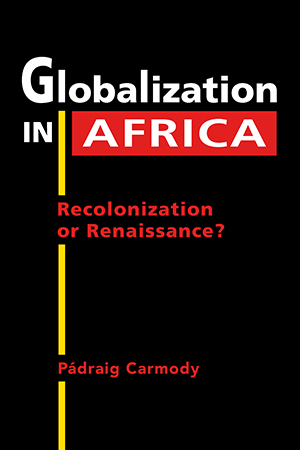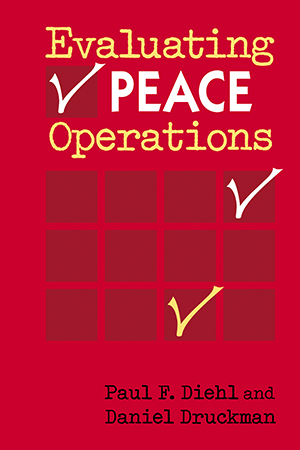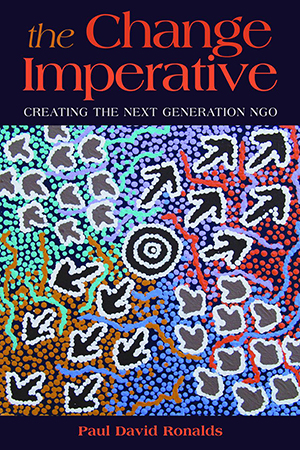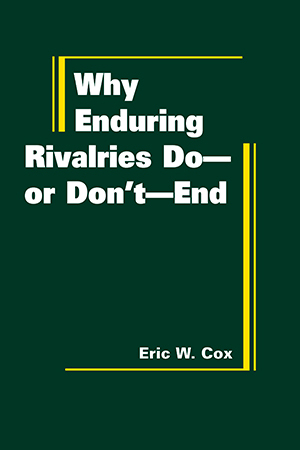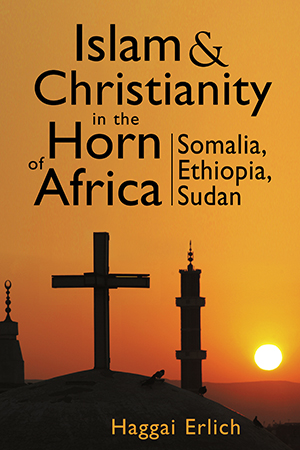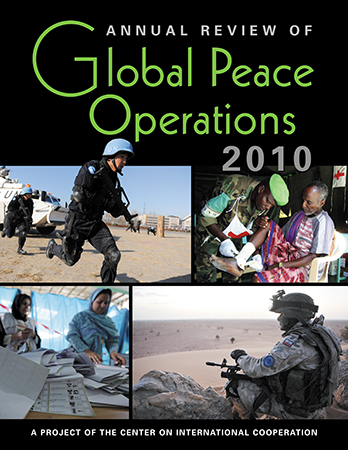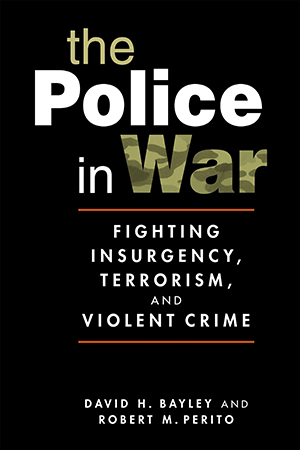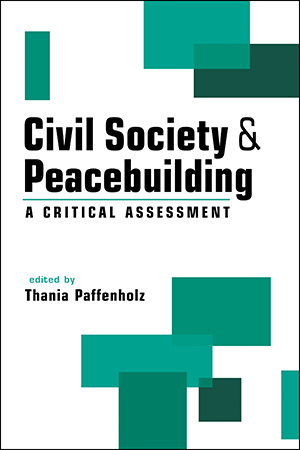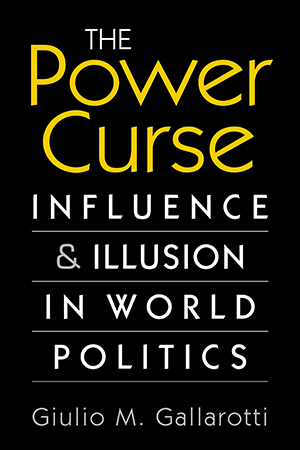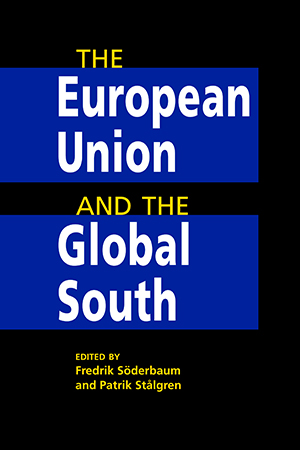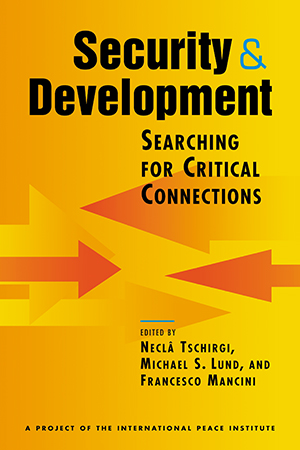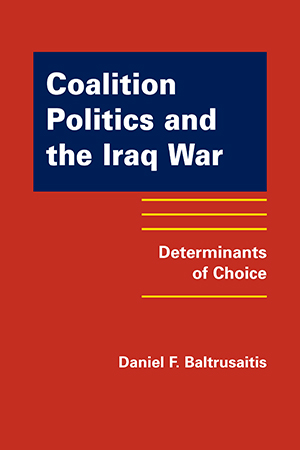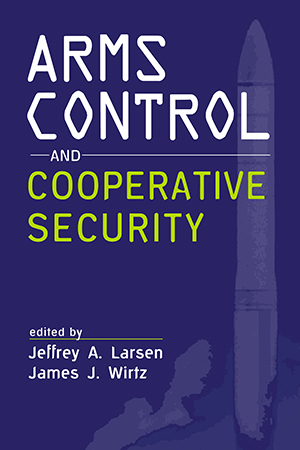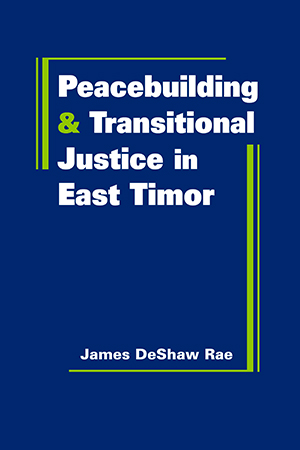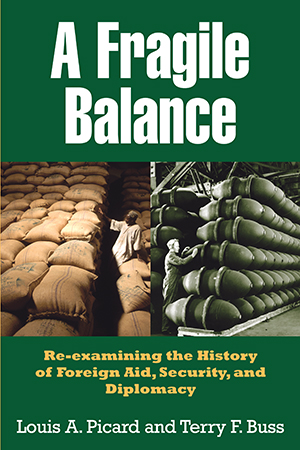International Relations (all books)
Is globalization good for Africa? Pádraig Carmody explores the evolving nature and impact of globalization throughout the continent, as China, the US, and other economic powers exert More >
Winner of the International Association for Conflict Management's Outstanding Book Award, 2012! There has been a great deal written on why peace operations succeed or fail.... But how More >
Paul David Ronalds draws on his experience as deputy CEO of World Vision Australia to offer a practical guide for international nongovernmental organizations (INGOs) as they face the More >
Why do some enduring, violent rivalries between states end peacefully, while others drag on interminably or cease only with the complete collapse or defeat of one of the states? Eric Cox More >
Can Christianity and Islam coexist? Or are Muslims and Christians destined to delegitimize and even demonize each other? Tracing the modern history of the region where the two religions More >
Unique in its breadth of coverage, the Annual Review of Global Peace Operations presents the most detailed collection of data on peace operations—those launched by the UN, by regional More >
Frustrated efforts in both Iraq and Afghanistan give urgency to the question of how to craft effective, humane, and legitimate security institutions in conflict-ridden states—and More >
Responding to the burgeoning interest in the role of civil society in peace processes, this groundbreaking collaborative effort identifies the constructive functions of civil society in More >
Can increasing power in international politics be a bad thing for nations? In this provocative book, Giulio Gallarotti argues that the answer is clearly yes—as demonstrated by a series More >
Choice Outstanding Academic Book! The development of coherent and effective relations with other regions and countries is one of the most challenging tasks faced by the European Union. More >
Although policymakers and practitioners alike have enthusiastically embraced the idea that security and development are interdependent, the precise nature and implications of the dynamic More >
Why do states join ad hoc military coalitions? What motivated South Korea to contribute significantly to the Iraq War "coalition of the willing," while such steadfast allies as More >
Reflecting the ongoing debate about the value of traditional arms control in today’s security environment, Arms Control and Cooperative Security thoroughly covers this complex More >
Did the United Nations successfully help to build a just, peaceful state and society in postconflict East Timor? Has transitional justice satisfied local demands for accountability and/or More >
Louis Picard and Terry Buss trace the history of US foreign aid from the earliest assumptions of manifest destiny to the present, placing their discussion within the context of broader More >


